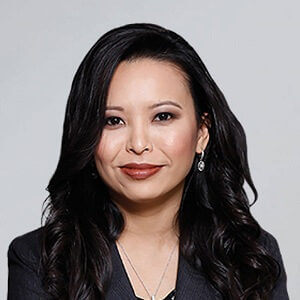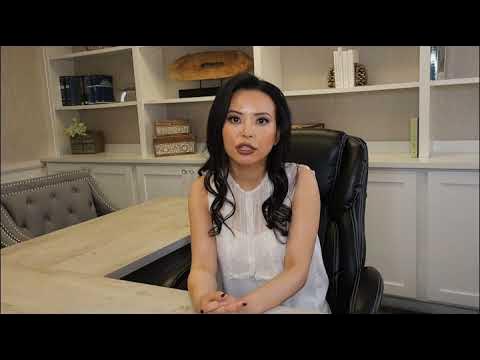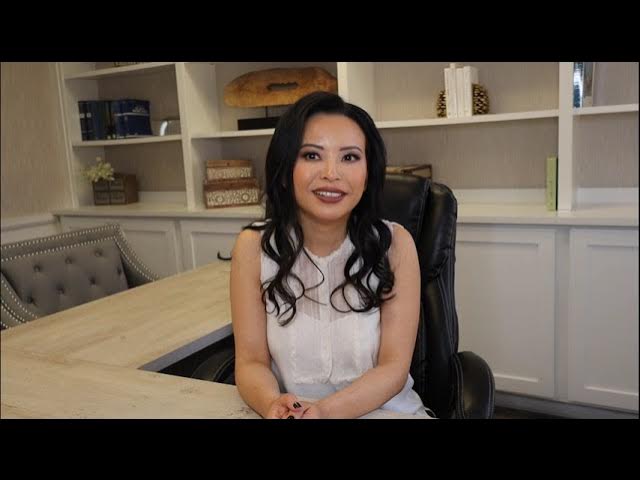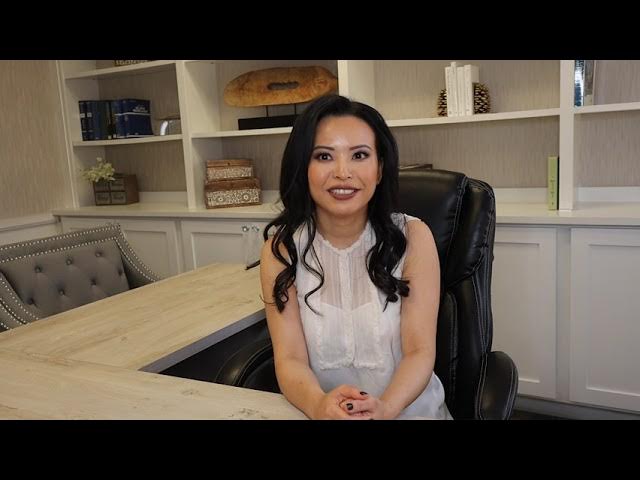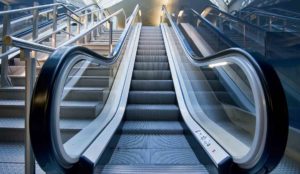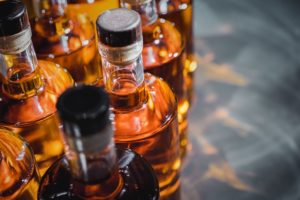Did the Negligence of Property Owners Cause You to Suffer Injuries?
It may not seem like it, but every time a property owner admits somebody into their home or business, they take on liability risk. All such owners are under an obligation to maintain a hazard-free environment, especially if the patrons are either paying customers or invitees. However, when these regulations are not followed correctly or are bypassed altogether, patrons inevitably get hurt. After years of handling Washington accident cases, this story is all too familiar.
Washington residents should always be aware of their surroundings when out in public, but in the chance that an accident does happen, top-tier premises liability attorneys are only a phone call away at all times. Van Law Firm has built a 5-star reputation by assisting hundreds of accident victims in recovering compensation for incidents in public and private settings. Call (360) 200-0000 to discuss your case in greater detail.
For a free legal consultation with a premises liability lawyer serving Washington, call (360) 200-0000
Basics of Premises Liability and Case Requirements
Every time an accident occurs on someone else’s property that was a result of the property owner’s inability to protect guests from harm, a premises liability claim is in play. The most common examples are slips and falls, to the extent that some may think this is the only kind of premises liability case. In reality, numerous accidents can occur due to negligent upkeep, including but not limited to:
- Burns, electric shocks, or lacerations as a result of dangerous conditions
- Objects falling from overhead
- Defective safety measures (handrails, gates, etc.)
- Exposure to harmful gases and chemicals
- Trips from walking hazards such as loose wires
- Drownings and water-related incidents
- Construction zones not marked or barricaded
Case Elements
Premises liability accidents can take place on property that is considered public, private, and even government-owned (however claimants should largely ignore this as suing a government entity is a complex action that rarely ends successfully). No matter where the accident took place or who is responsible, all plaintiffs must prove the same criteria:
- Something about the premises in question was unsafe or hazardous–this is also referred to as a “condition” (i.e, a hazardous condition)
- The property owner either knew about this condition or should have known
- This condition then became the cause of the accident that injured you
Make no mistake, these elements are easy to understand but difficult to actually prove. As a result, cases are usually won or lost when it comes time to debate the level of fault for both parties. As such, success is never assured, and so all claimants should retain a qualified premises liability lawyer so that they have the best chance to recover compensation.
Washington Premises Liability Lawyer Near Me (360) 200-0000
Frequent Injuries in Premises Liability Cases
The severity of an accident will vary; therefore, the injuries will fluctuate as well. In our experience thus far, we’ve encountered numerous injuries while arguing these cases, such as:
- Severe lacerations, cuts, and burns
- Broken bones and fractures
- Traumatic brain injury (TBI)
- Soft tissue (ligament, tendon, muscle) injury
- Whiplash and concussions
- Slipped or herniated discs
- Spine injury and paralysis
Click to contact our Washington Personal Injury Lawyers today
Things to Consider Before Filing a Premises Liability Claim
There are multiple things to consider when debating whether or not to file a premises liability claim. For starters, one of the biggest misconceptions about personal injury attorneys as a whole is that we actively search out these petty accidents in the hopes of snatching a quick settlement from scared business owners. This is completely false, for a number of reasons.
Weighing Costs vs. Gain
First and foremost, attorneys are just like everyone else in that they must make money in order to continue practicing. That being said, every case must be analyzed in terms of potential costs vs. the potential gain before it is accepted. This is especially true for premises liability cases as they tend to be expensive with less-than-stellar payouts. One of the biggest reasons for this is that experts almost always have to be brought in to help prove the defendant’s negligence, and these experts can charge thousands of dollars–their pivotal industry knowledge definitely comes at a steep price.
Generally speaking, a premises liability is usually only successful if there are significant damages at stake. This again comes back to the cost: if you have little to no damages, you will recoup hardly any compensation, which will not cover the case’s expenses. Most successful premises liability cases involve permanent injuries, disfigurement, broken bones, etc.
Property Owners Have Rights Too
These cases are not one-way streets–defendants also have rights and defenses. Perhaps the most important defense to remember is that property owners need adequate response time to locate and fix hazards. For example, if a bottle of water falls off a shelf and a customer trips over it seconds later, there was not enough time for the defendant to address that hazard. Similarly, the hazard must be substantial enough to warrant negligence. To use the same example, If a spill is extremely small and in a place that poses minimal risk, courts will likely side with the defendant.
Increased Chance of Trial
Trials are viewed as a last resort in the field of personal injury, due to their cost and increased risk of failure. Business owners and their counsel know this, and so they are not nearly as afraid of these claims as perhaps they once were. This is doubly true for resorts, hotels, and businesses that face these claims regularly. Even if you do go to trial, they will usually fight hellaciously to avoid acknowledging fault. Jurors can also convince themselves that there had to have been at least fault on the part of the plaintiff.
Plaintiff’s Level of Fault
This brings up one of the most important points: always consider your own level of fault as truthfully as possible. Washington law enforces comparative fault, meaning that they will evaluate the plaintiff’s actions as well as the defendant’s, and ascribe fault to both parties in whatever combination they see fit. Plaintiffs should be aware of comparative fault because any blame that is assigned to you will affect your end settlement (percentage of fault = equal reduction in settlement by same percentage). If you were partly responsible for your accident, it’s best to be truthful about it so that you are not caught off guard later on.
These disclaimers are not meant to discourage claimants from coming forward, as we would never tell an accident victim to disregard an injustice. These cases just tend to be particularly tricky, so it’s best to establish these points as early in the process as possible. If you’re unsure, just ask–your consultation is free.
No obligation consultations are always free.
Let us help you!
Call Now: (360) 200-0000
We are available 24/7
Complete a Free Case Evaluation form now
Contact Experienced Washington Premises Liability Attorneys
If you’ve been injured on another’s property and suspect that negligence may have been a factor, call the award-winning staff of Washington premises liability attorneys from Van Law Firm as soon as possible. In just about a decade, we’ve helped hundreds of Washington accident victims get the treatment and reimbursement they so rightfully deserved. If you don’t believe us, just read any one of our 500+ 5-star reviews. Call (360) 200-0000 now to get started.
No obligation consultations are always free.
Let Us Help You! Call Now: (360) 200-0000Client Testimonials
Related Videos
